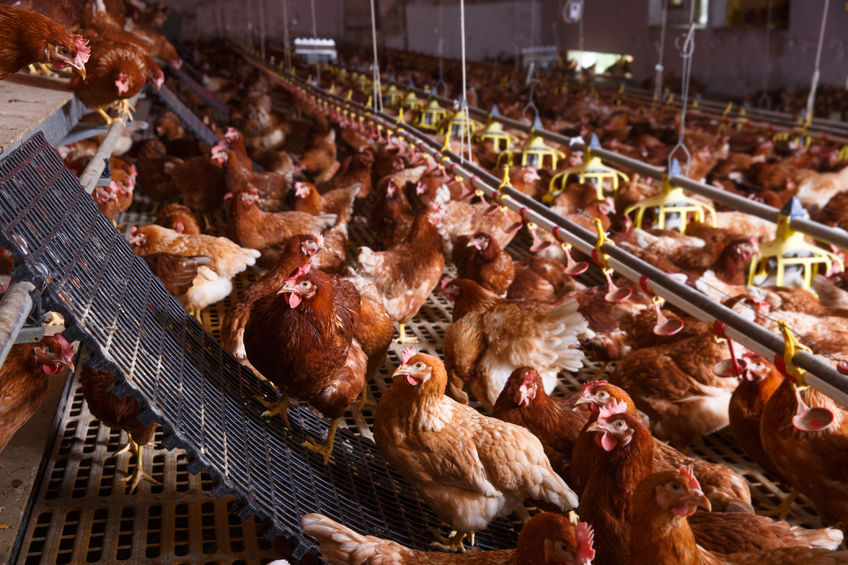
The energy regulator, Ofgem, has confirmed that Combined Heat and Power (CHP) plants run on poultry litter will receive the highest possible tariff under Renewable Heat Incentive legislation.
The Department for Business, Energy and Industrial Strategy (BEIS) and the Department for the Environment, Farming and Rural Affairs (DEFRA) confirmed that poultry litter, which is uniquely sustainable in CHP plants, is eligible for the highest solid biomass CHP tariff.
CHP integrates the production of usable heat and power (electricity), in one single, highly efficient process.
CHP generates electricity whilst also capturing usable heat that is produced in this process. This contrasts with conventional ways of generating electricity where vast amounts of heat is simply wasted
Farmers in the poultry sector are combusting poultry litter (a combination of poultry manure and wood shavings from the poultry barns) to provide renewable heat and electricity for bird houses, thus creating a self-powering clean system of poultry farming.
Self-sufficient
Poultry litter in these plants provides nearly all the energy requirements for poultry farms, with estimates showing that through innovation, these farms could be completely energy self-sufficient within two years.
Poultry litter as a fuel is a uniquely sustainable, zero carbon process as it comes from a renewable source.
Each farm using CHP biomass plants with poultry litter saves on average 90% of C02 emissions compared to using liquefied petroleum gas to heat their barns.
In addition, by using litter as a fuel there are additional animal welfare and environmental benefits from reduced acidification and eutrophication potential from ending land spreading and reducing emissions of ammonia.
John Reed, Chair of the British Poultry Council said: “The Government deserves a lot of praise for helping to secure the future of sustainable poultry farming in the UK.
“This innovative technology is already showing huge improvements to bird animal welfare standards and end-to-end sustainability of our British farms. The industry looks forward to continuing to work with Ministers on the exciting progress of these renewable plants in the UK.”
